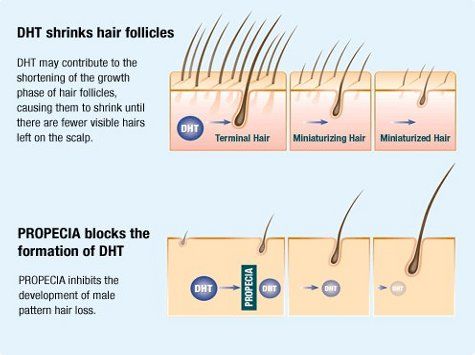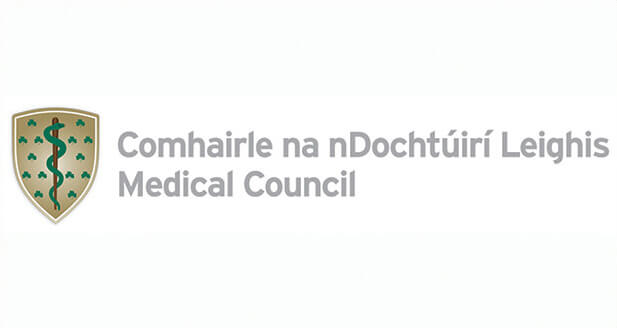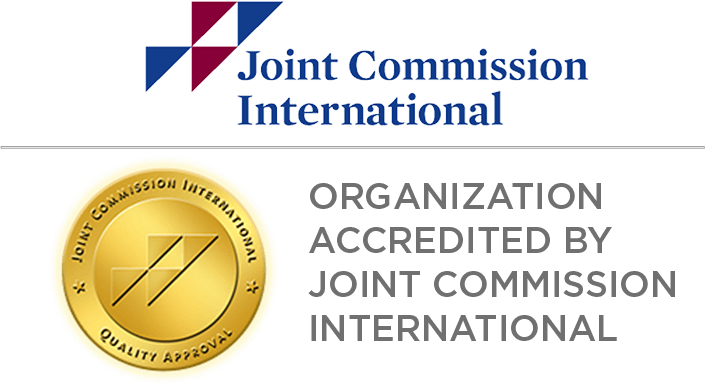Having a hair transplant is a big decision for a number of reasons. The cost of a high quality hair transplant can be a significant outlay for many people and understandably so. A bad hair transplant can have major long-term detrimental effects on the patient, both psychological and physical. Despite the claims of some clinics, there is no such thing as a non-surgical method of carrying out a hair transplant. A hair transplant is an elective surgery. With this in mind, what are the important things to consider before having a hair transplant?
- Do you need a hair transplant?
Nobody needs a hair transplant, it is elective surgery. If your hair loss is causing you concern, speak to an expert. They will talk you through your treatment options.
- The cause of your hair loss
There are many causes of hair loss but, in the overwhelming majority of men experiencing hair loss, the cause is hereditary Androgenetic Alopecia, more commonly known as “male pattern baldness”. Hair transplant surgery is a permanent treatment for Androgenetic Alopecia.
- Your age
It is important that the hair loss pattern is established before surgery is undertaken. Therefore, young men under 25 are often offered medical treatment initially, which usually proves very effective.
The second factor determined by a patient’s age is how it influences the hair transplant design. A patient suffering from pattern hair loss will continue to lose their non-transplanted hair throughout their lifetime. That’s a crucial factor to consider when it comes to designing a natural and undetectable hair transplant.
- Alternatives to hair transplant surgery
Medical treatment is available for hair loss. There are two US Food and Drug Administration (FDA) approved medications which have proven effective as a hair loss treatment in more than 80% of male users with hair loss.

This treatment is effective but not permanent. When you stop taking the medication, your hair loss will resume.
- Cost of a hair transplant
The cost of carrying out a quality hair transplant is considerable, as the process requires a team of highly skilled medical staff and technicians. There may be up to 18 technicians, nurses and surgeons working on each patient during a hair transplant procedure. There is no low-cost method of providing this level of expertise. Therefore, if the cost of a hair transplant is the principal factor guiding your decision about whether or not to have the surgery, we strongly advise that you consider the medical treatments instead. Having an inferior quality hair transplant carried out can have serious, negative and long-term consequences.
- The skill and experience of your hair transplant surgeon
Hair transplant design is crucial to achieving an undetectable hair transplant. The skill and experience of your surgeon in this process is vital to a successful outcome. The degree of scarring you will experience in the donor area following a hair transplant will be determined by your body’s own ability to heal, the technique used to extract the grafts, and the skill of the surgeon. Learn more about the importance of hair transplant design.
- The type of surgery – FUT or FUE
The difference between FUT and FUE is essentially the way the donor hair being transplanted is removed from the patient’s scalp. For many patients the optimal treatment plan would involve the use of both techniques over the patient’s life. Before you make a decision as to what technique you wish to choose, a consultation with a properly qualified consultant surgeon is essential. Find out more about the difference between FUT and FUE.
- What are the complications or risks of the surgery
Hair transplant surgery is an extremely safe out-patient procedure that is normally without significant risks or complications. Find out more about the complications and risks of hair transplant surgery.
- How soon after surgery can I return to work?
Depending on the type of procedure you have done and type of work you do, it is often possible to go back to work within a few days. Most of our patients return to work after about 3 days. Your surgeon will confirm this at your consultation.
- What is the success rate of hair transplant surgery?
In a non-smoker between 95-98% of the grafts will grow successfully provided the highest international standards of surgery are used in the transplant procedure, such as those used at HRBR. At HRBR our studies have shown that 98% of all the grafts we place will eventually grow normal hair.
If you are considering hair surgery and would like to arrange a consultation with one of our hair transplant doctors, please contact us.










